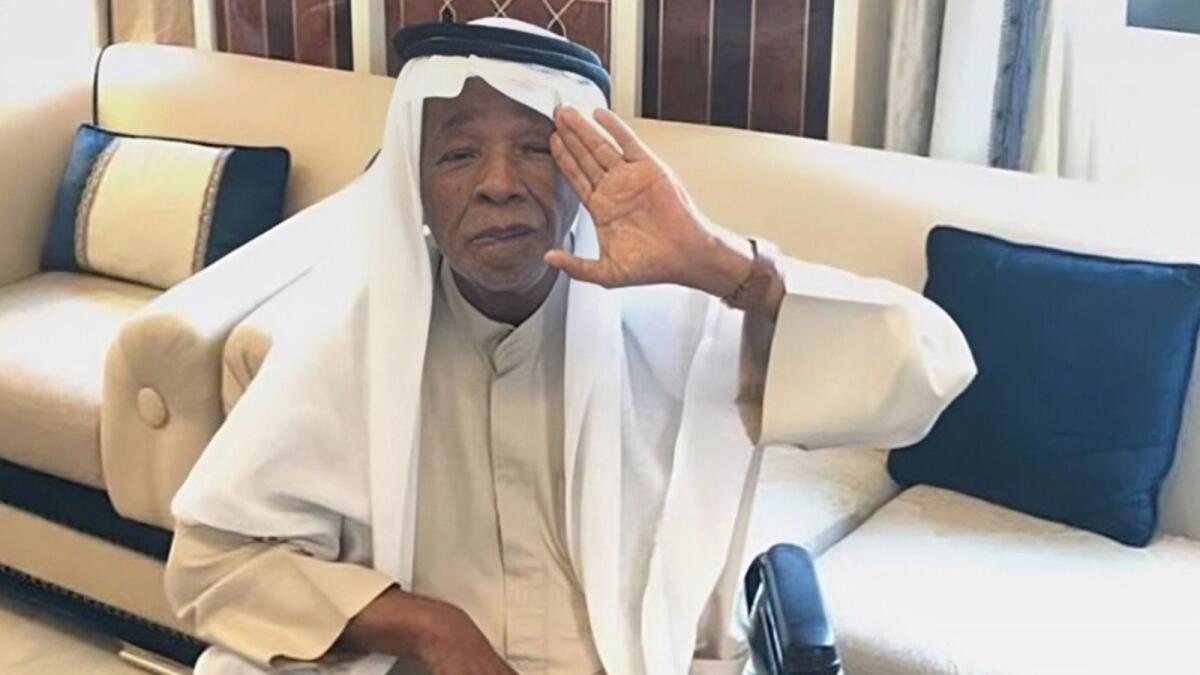The recent passing of popular Emirati poet Rabie bin Yaqut has left a void in the literary world, with many mourning the loss of a beloved figure. Hailed as a ‘maker of joy’ by a UAE royal and praised by the older generation as the ‘celebrity of their time’, Rabie was known for his panache in poetry and timeless literary work. His son, Othman Rabie, remembers him as a loving and compassionate father who treated all his children and grandchildren equally, leaving behind a legacy filled with love, respect, and appreciation.
Born in 1928 in Ajman, Rabie dropped out of school at an early age to earn a living. In the late 1940s, he traveled to Kuwait for his first job at Ahmadi Oil Company. It was in his 20s that he discovered his passion for poetry, eventually becoming one of the most prominent poets in the UAE. After working at the oil company for 12 years and then in the Kuwaiti government, Rabie decided to return home before the formation of the UAE in 1972, where he focused on his poetry.
Rabie’s journey as a poet led him to join a theatre group upon his return to the UAE, where he worked on comedic roles before shifting his focus to poetry. He also became part of popular television programs such as ‘Poets Council’, where he earned the moniker ‘The Fruit of Emirati Poetry’. Many older Emiratis fondly remember Rabie for his entertaining and respectful poetry, with his impact on the nation and the generations to come.
The passing of Rabie has left a deep impact on the cultural scene in the Emirates, with many mourning the loss of a master of traditional poetry. UAE Minister of Culture, Khaled AlQassemi, described Rabie as a poet of great stature, known for his social poetry filled with humor and entertainment without vulgarity. The funeral prayer for Rabie was held at Sheikh Zayed Mosque in Ajman, with high-level personalities and prominent Emiratis paying their final respects to the well-loved poet.
Rabie’s legacy as a poet and entertainer continues to live on in the hearts of many who remember him for his contribution to Emirati poetry. The older generation fondly recalls watching him on television programs like ‘Poets Council’, where his poetry, while funny and entertaining, was always respectful. His impact on the nation and his ability to resonate with people across generations ensure that he will be remembered for years to come.
In conclusion, Rabie bin Yaqut’s legacy as a beloved poet and entertainer will continue to be celebrated in the UAE and beyond. His ability to connect with people through his poetry, his humor, and his respectfulness towards his audience have left a lasting impression on the cultural scene in the Emirates. As the nation mourns his loss, they also celebrate his life and the impact he had on Emirati poetry and literature.

























